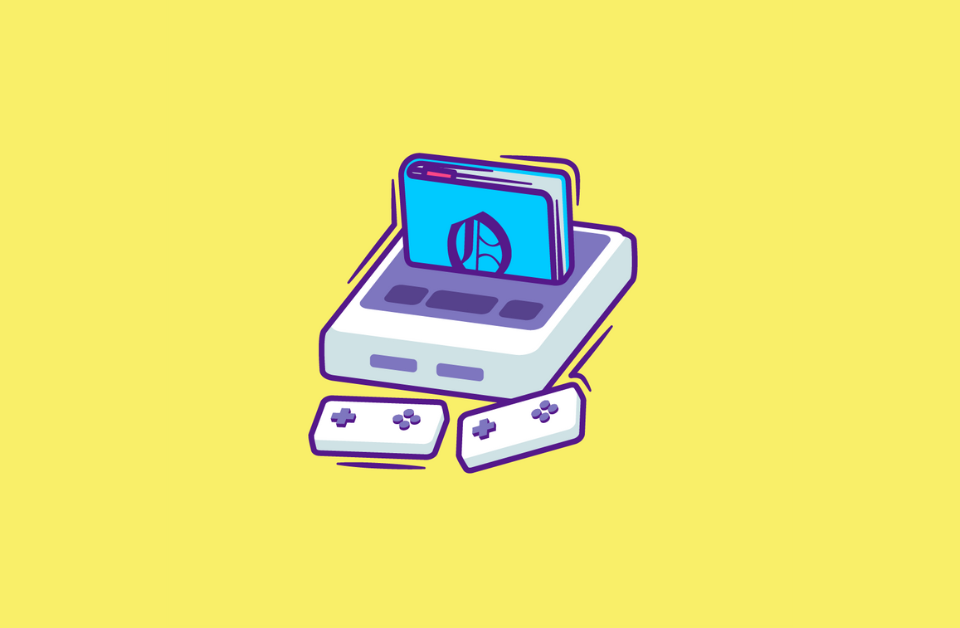
What GDPR means for gaming
2024-03-04
VR is revolutionizing education
2024-03-27For a long time, video games were considered an isolating non-social activity. More recently, though, they began shedding that image. As a matter fact, games were one of the most prominent tools used to connect during the pandemic.
Team building is a cornerstone of any successful business - one that many struggle to efficiently foster. In fact, poor team engagement costs billions of dollars annually, according to Gallup's State of the Global Workplace: 2023 Report. Games are no longer limited to just entertainment value, and have evolved to immersive educational experiences, it is only natural that their potential can be exploited to enhance teamwork in businesses.
It's a matter of perspective
It’s easy to see games as a way to kill time and have fun, but a deeper look reveals the potential within. For one, games - in particular, multiplayer games - offer interactions one would find within a business: working together towards a common goal, sharing resources, negotiating task delegations, and collaborating together in order to achieve said goal. They also mimic business team structures, where everyone has a different and unique role to play.
The advantages of gaming and its contribution to bettering learning and training are fast becoming undebatable. Recent studies, like this one conducted in 2021, support the effectiveness of video games in strengthening team building, increasing productivity, and boosting morale - even in what was considered one of the bleakest periods of recent times.
A Brigham Young University study of 80 newly formed teams found that groups that played video games together for just 45 minutes were 20 percent more productive than those that engaged in more traditional team-building exercises. Notably, this was true for novices and avid players alike.
What makes games so special?
It’s simple: Games are fun! Intuitively, we understand that doing a fun activity with coworkers strengthens morale and interpersonal connections.
Games have benefits on an individual level as well. gaming has been shown to improve personal skills, like creativity, quick-thinking, and communication, as well as more specialized skills like spatial reasoning.
Team Building games
There are at least three kinds of team-building games: ice breakers, agile games, business games, and escape games.
Ice breaker games
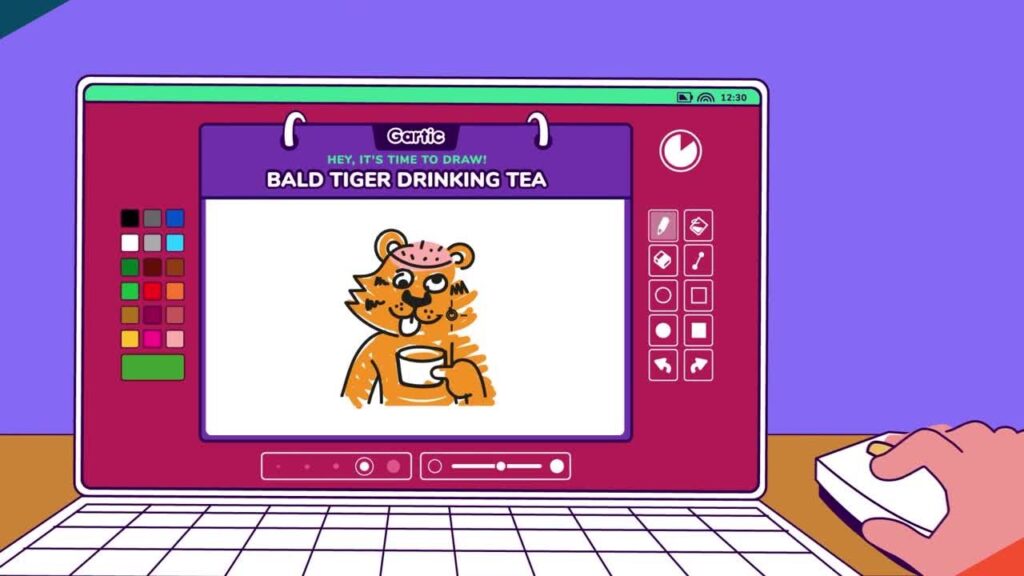
Virtual icebreakers started surging through the pandemic, making use of the many tools that were made available at the time, such as whiteboards, project management tools, and call/messaging platforms. These games are a great way to help new employees and teams warm up to one another. It’s a great way to help people showcase their fun, non-work side.
Examples can range from ultra-corporate-friendly, like Two Truths and a Lie and Virtual Scavenger Hunt, to very casual fun, like Gartic Phone and Know What I Meme?
These games constitute a great way to help new teams and new members in the most efficient and harmonious way possible. The only drawback is that these games can have a limited number of players, and cannot always accommodate large teams, or cross-departmental activities. It may be necessary to split into smaller groups, which requires more work for the organizers.
Agile games
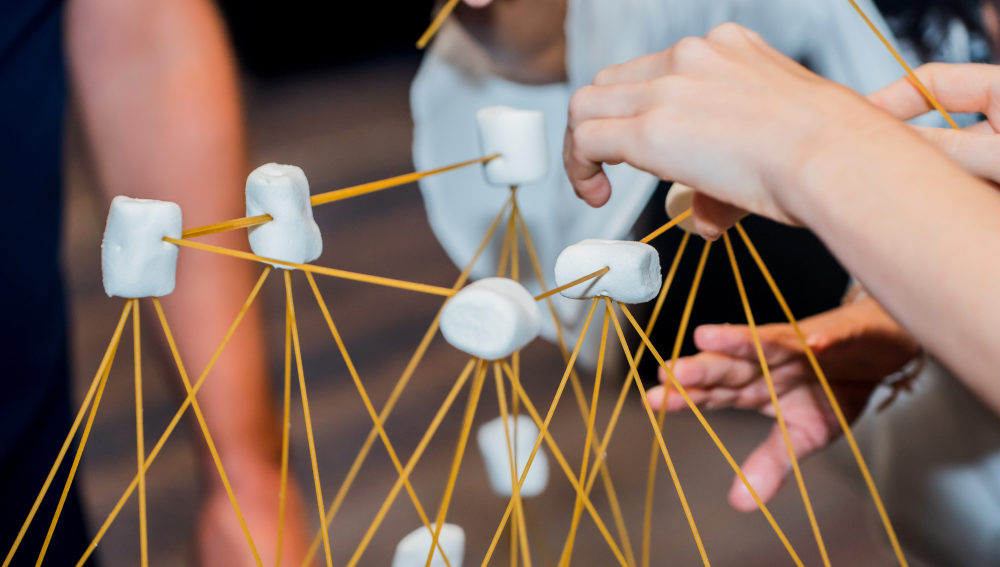
Where icebreakers fall short, agile games soar. When the corporate world went remote, teams began adopting Agile methodologies, which are project management techniques emphasizing flexibility.
Agile games are designed to enhance a team’s understanding of this methodology’s principles and its applications. These include collaboration, communication, multitasking, quick-thinking, iterative development, and continuous improvement.
One such game is called Marshmallow Tower (or Marshmallow Challenge). Teams are given a selection of items like spaghetti sticks, tape - and marshmallows! The goal is simple: Within a determined time frame, teams have to create the tallest structure possible using these items. The only condition is that there must be a marshmallow at the top of the structure. This game drives the Agile mindset of learning through action, and pushes creativity under pressure. Teams need to create, review, and optimize prototypes at a rapid speed in order to succeed.
Agile games can be played by entire teams and across multiple teams. They are fun, but also practical; they introduce new concepts and help players learn new activities and adopt new behaviors.
There are some great resources to find different examples of agile games tailored to different needs and software, such as EasyAgile or SessionLab.
Business games
Business Games have become common educational support in many university curricula. In most cases, they are role-playing games in which multiple teams run competing businesses, all responding to a common case or problem.
These games can mimic the reality of the corporate world with a surprising level of accuracy. They allow participants to put their theory into practice, to meet other people from different business specialties, and create synergies across a corporate structure.
These games often specialize on specific business subjects (e.g. marketing, accounting, etc.) or industries (e.g. hotel management). Many universities will have their own proprietary versions of business games, but some licensable games are also available, such as The Business Strategy Game.
Escape games
Escape Games are another format used for team building purposes. They bring together teams to pursue a common goal, and encourage open communication, strategic planning, and task delegation.
Playing escape games is an effective team building experience, but so is creating them!
Our Escape Game Jam hosted at CASDEN brought together people across the organization with the goal of creating an entire escape game in only 2 days. After a short introduction to the game design process, the team created an escape game using an assortment of props laid out in front of them. You can read more about our findings here.
The distance challenge
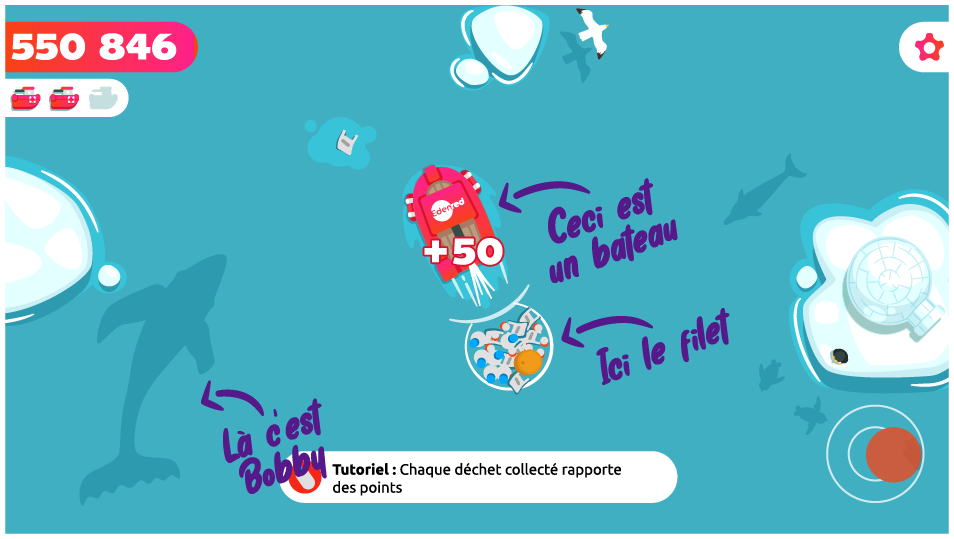
Team building games are not a new concept. However, they usually happened in close quarters. In our conversations with several HR professionals, we’ve come to learn that the post-pandemic normal has posed a challenge for traditional gamification of team building. With more people opting for remote and hybrid working: how can we create experiences that don’t involve or require getting everyone in a single room?
At Play Curious, we create bespoke gamified experiences to help institutions teach their teams new and/or complex subjects and increase employee engagement and advocacy in the most effective ways possible. Be it through real-world events such as our CASDEN escape jams, or virtually, such as our Edenred Boat Quest game, we adapt our solutions to any and all circumstances.
